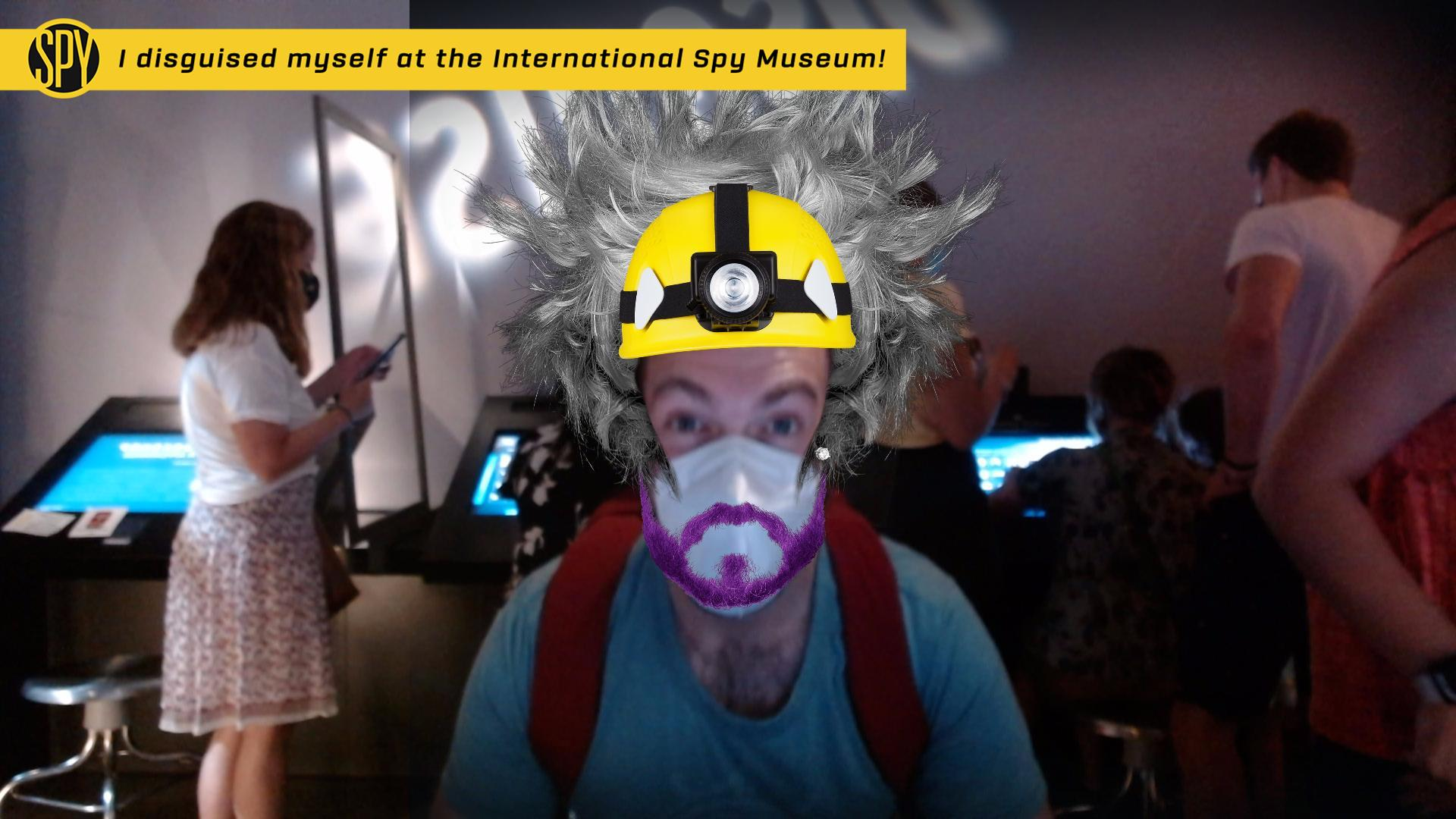How Do I Know I'm Doing An Okay Job?
Last week, our team did an offsite based on a great idea from Ronnie Chen, a Senior Eng. Manager at Twitter, summarized here. Most of my team is remote, and I wanted to find a way for us to do something that brought us closer together and allowed space for my direct reports to do something delightful, just for the sake of it being delightful. We exist in a weird time and place - where we spend an inordinate amount of time together solving complex engineering problems, but don’t have the benefit of all the interstial bonding that comes with being in an office environment.
So we made a plan, and an official confluence document, and turned our offsite into A Big Deal. Folks based in DC would meet for a traditional offsite, and our remote team members had to find something in their area that was adventurous, brought them joy on some level, and that they could document and share with the group as a part of a mini-presentation. The most important thing to me was that my team members carved out time in their week to do something extraordinary (by whatever their definiton of extraordinary is), and then spent time communicating their plans to the group. An adventure to be undertaken alone, together.
My DC based team’s goal was “to become spies”, and so we met at the International Spy Musuem in downtown DC (which rules, by the way) and got to work. Here’s me, in spy form:

Next week, we’ll all share our various escapades at a team meeting, revel in the wacky/delicious/off the beaten path activities, and hopefully have a chance to get to know our fellow engineers just a little bit better. There was no engineering output expected, no brainstorming about infrastructure or projects, just a chance for people who spend a lot of time in one context with each other to see their colleagues in a different light.
Throughout this experience, I kept going back to a dilemma I’ve been having as a relatively new Engineering Manager. In my former path as an indivdual contributor and project lead, I felt I knew what success meant, and when I, the engineer, was being “successful”. Was the project moving along at the intended pace, and was I writing good code to contribute to that project? Welp, then I felt like a success. And that’s the important thing that’s struck me over the last few months - not whether or not I was actually successful, but whether I felt like a success. As a relatively anxious person, I struggle with the conception that I’m doing anything of worth. And so I’ve come up with three pillars, of a sort, that help orient me. When I have doubts about my efficacy as a manager, when I struggle with feeling like my work has no impact, I return to these three concepts, and that helps ground me:
Am I practicing empathy as a leader?
Empathy is an active state, and it’s one that takes continual practice and effort. And I mean that - being an empathic leader takes effort. It is much easier to experience the world through your own comfortable perspective, especially during the chaos of a busy work week. When a direct report comes to you with a request, or a complaint, or a problem, it can be very tempting to start diving into problem solving mode. But I find that I’m most successful when I take a moment to listen, give space, ask questions, and try to understand the situation from a different point of view. It requires constant attention and a desire to doubt my own certainty - which as a team leader, can feel like the opposite of what you are supposed to do. “Aren’t I the one that’s supposed to have the answer?” But by practicing empathy, relentlessly and persistently, I’m able to see the full picture rather than just the part I’m inclined to focus on.
Am I accountable to those I lead?
This goes hand in hand with the concept of empathy - but it’s not enough to understand a situation from anothers perspective, It’s also imperative that, when entrusted with the responsibility to manager others, I’m also accountable to them. This can be as simple as making sure to reiterate things a direct report mentions during a one on one back to them. “Hey, I just wanted to let you know I heard your request about X, and I’m looking into it.” Accountability is a direct corollary with active listening, in that in taking time to deeply listen and ask informed questions, I’m also holding myself accountable to the actions that inevitably arise from that endeavour.
Am I being glue-y?
Glue-y is defintely not a word, but it’s the best term I can use to describe this feeling. “Glueyness” to me refers to any actions I take that are in service to building a more effective and happy team. This might take the form of a technical task that blocks our team from accomplishing a goal, but no one has time to do (Configuring Sentry.io, I’m looking at you). Or it might take the form of scheduling a brown bag on BEM naming after a few members of our team express some frustration at not understand that methodology. And this one again, surprise surprise, is a corollary to active listening. It is often a process of reading between the lines, or anticipating future needs, that help cohere the team into an effective unit.
And that brings us back to the issue of the offsite. I’m never certain that I’m doing a good job, but by carving out time for my team to do something delightful, by listening to their feedback, and by being accountable to their well-being – well, that’ll just have to be enough for me for now.